- 7-Eleven's New Fuel Lock
Fuel Lock savings and free Slurpees at 7-Eleven
Table of Contents
If you live in one of the test markets (or Australia, apparently), the 7-Eleven app has a new Fuel Lock feature.
In some markets, Fuel Lock will guarantee the lowest gas price in your area for four days at any participating 7-Eleven.
To be fair, 7-Eleven probably wants Rewards members in their test markets to know about this, and they just haven’t publicly announced any rollout details in the U.S.
And since gas prices are unstable, any amount of savings or stability is welcome. The national average was $4.75 on July 7, 2022.

Can I Use Fuel Lock at My 7-Eleven?
That’s a great question. Fuel Lock is a cool feature, but we’ve only been able to find it in the Dallas-Forth Worth area, which 7-Eleven calls home. And again, Australia — for whatever reason.
To find out if it’s available to you, follow these steps:
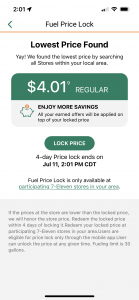
- Download the 7-Eleven Rewards & Shopping app on the Google or Apple app store.
- Open your 7-Eleven Rewards & Shopping app (sign up if new).
- Navigate to the fuel tab.
- The Price Lock button should be beneath your available savings summary (if available in your area).
If you’re able to use this feature and live outside the Dallas-Forth Worth metro area, reach out to let us know so we can update this post.
Even if you can’t lock in fuel savings in your area yes, you can still save. With the rewards app, you’ll get 11 cents knocked off each gallon for your first 7 trips (get it?). And then you’ll get a 3-cent-per-gallon discount every time you fill up at 7Eleven after that.
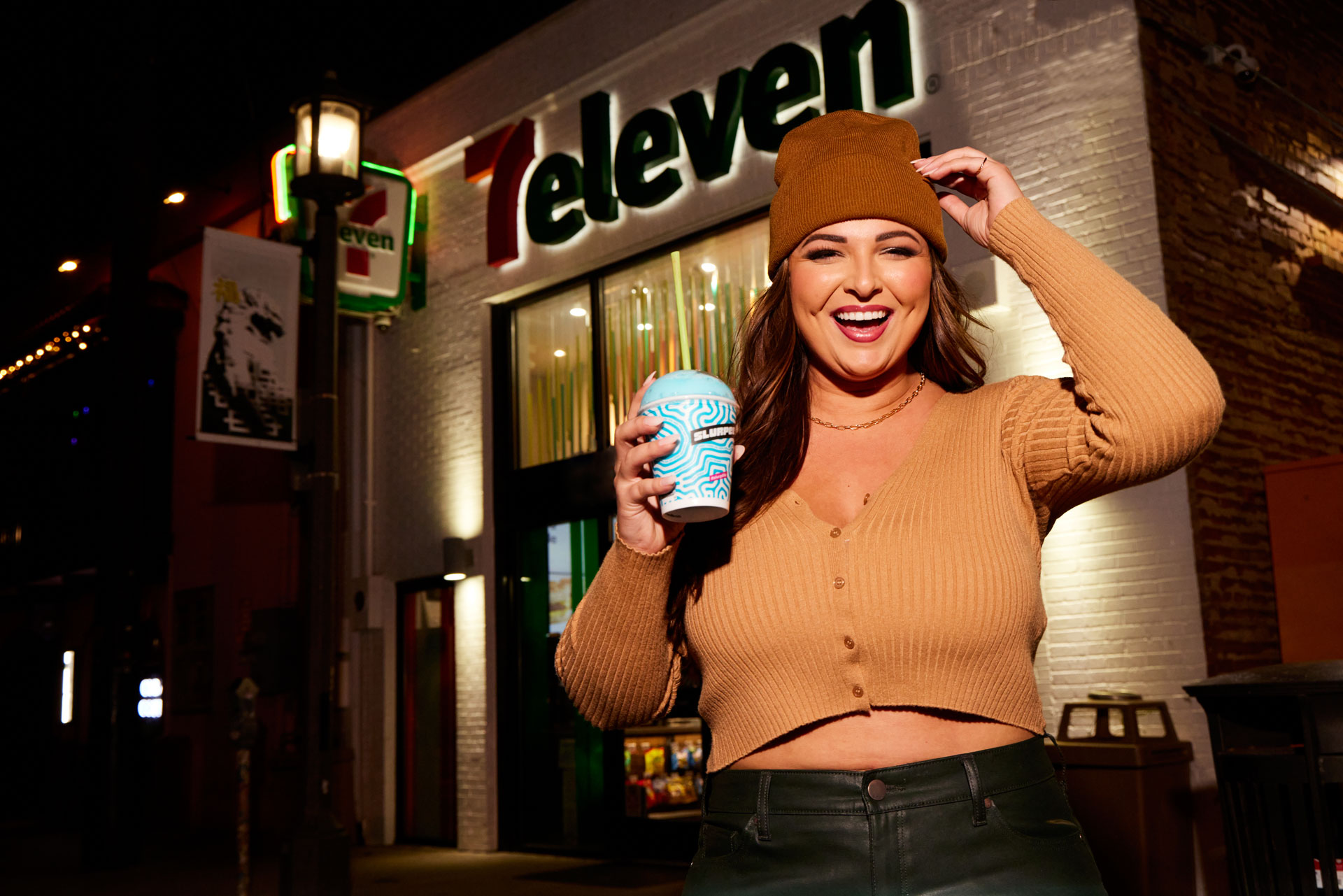
Did You Say Free Slurpee?
Whether you can lock in your fuel price or not, the 7-Eleven app is worth having this month simply for the free Slurpees.
The rewards app gives users points for every purchase — and with gas prices at all-time highs, those points stack up fast. With 10 points for every dollar spent and 5X points when you pay through the app, you’ll get enough points for a free medium slurpee every time you get gas.
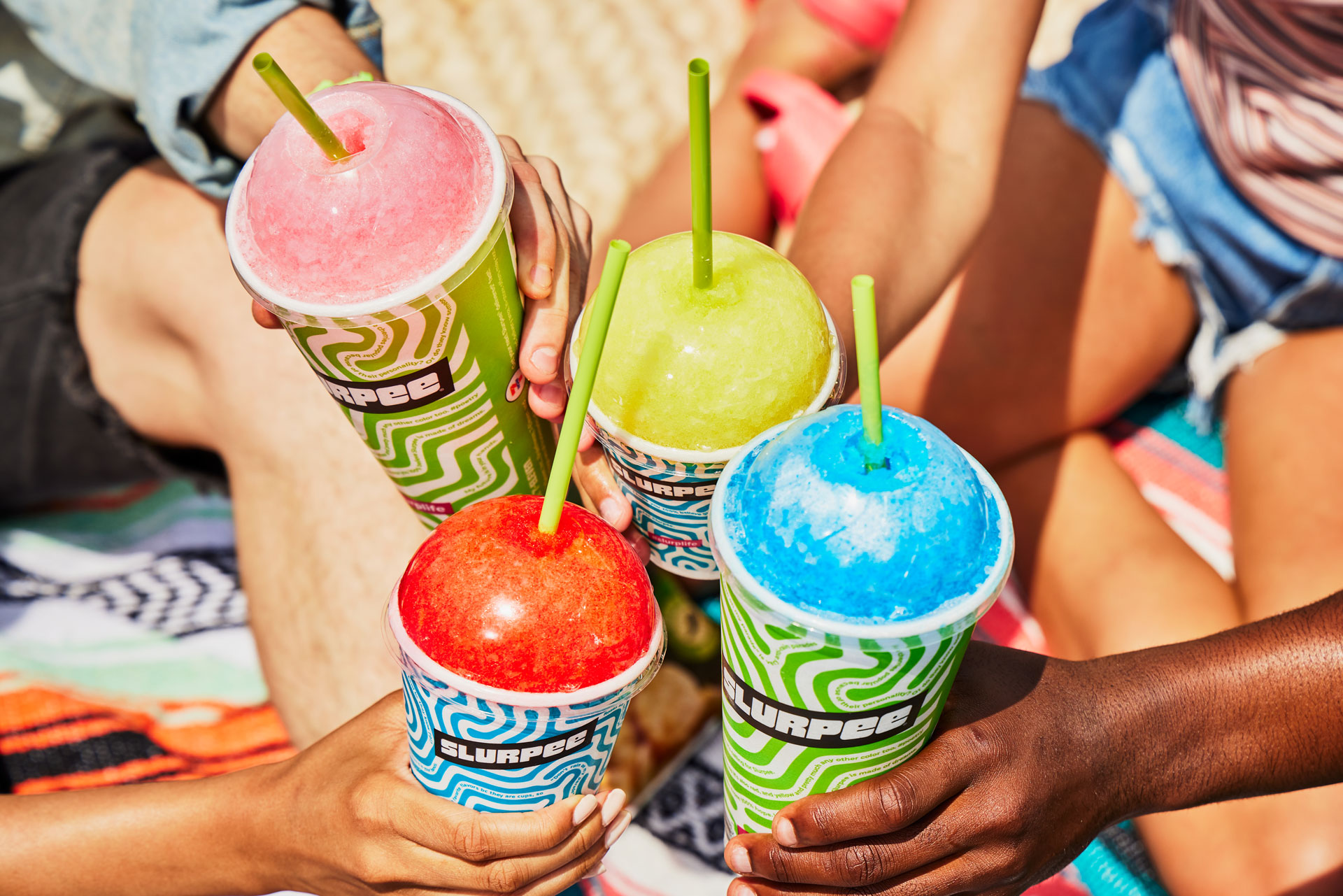

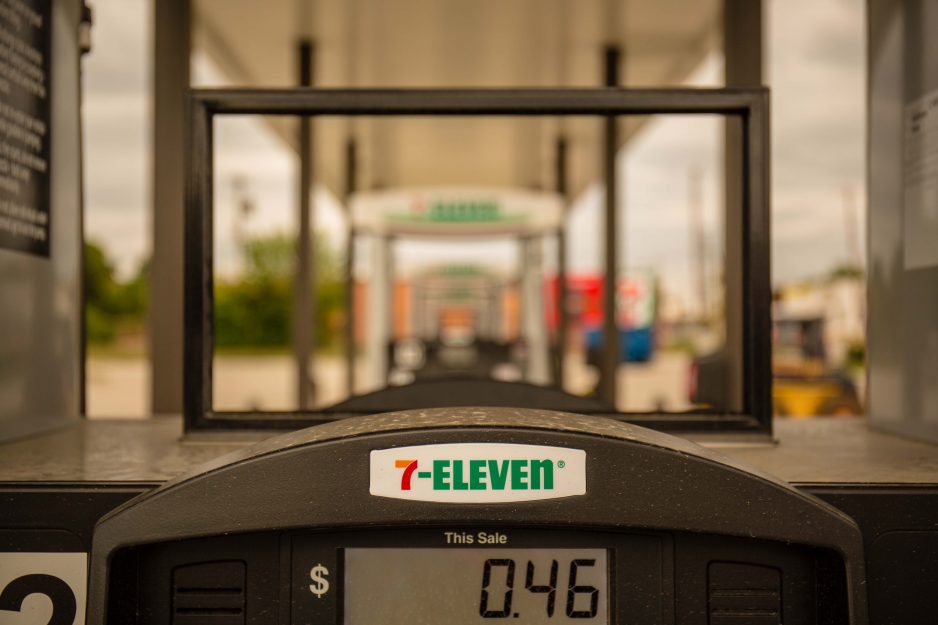
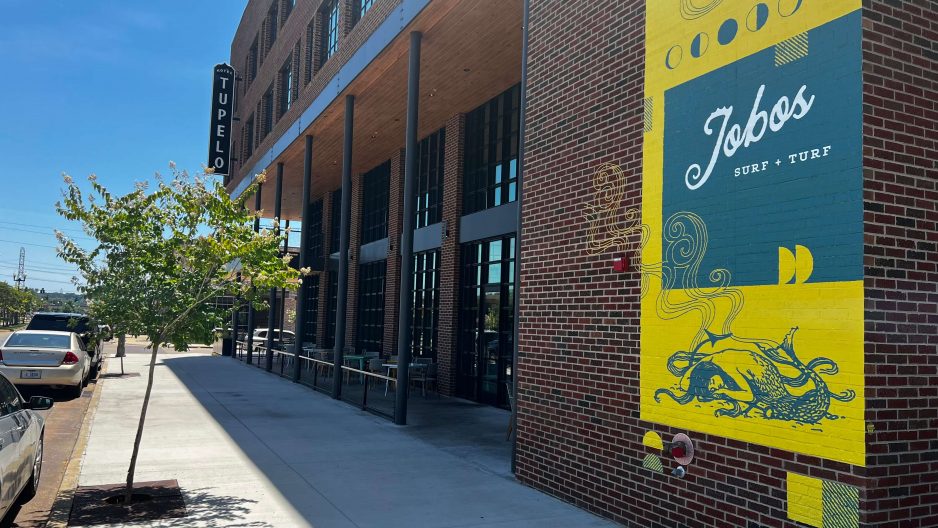
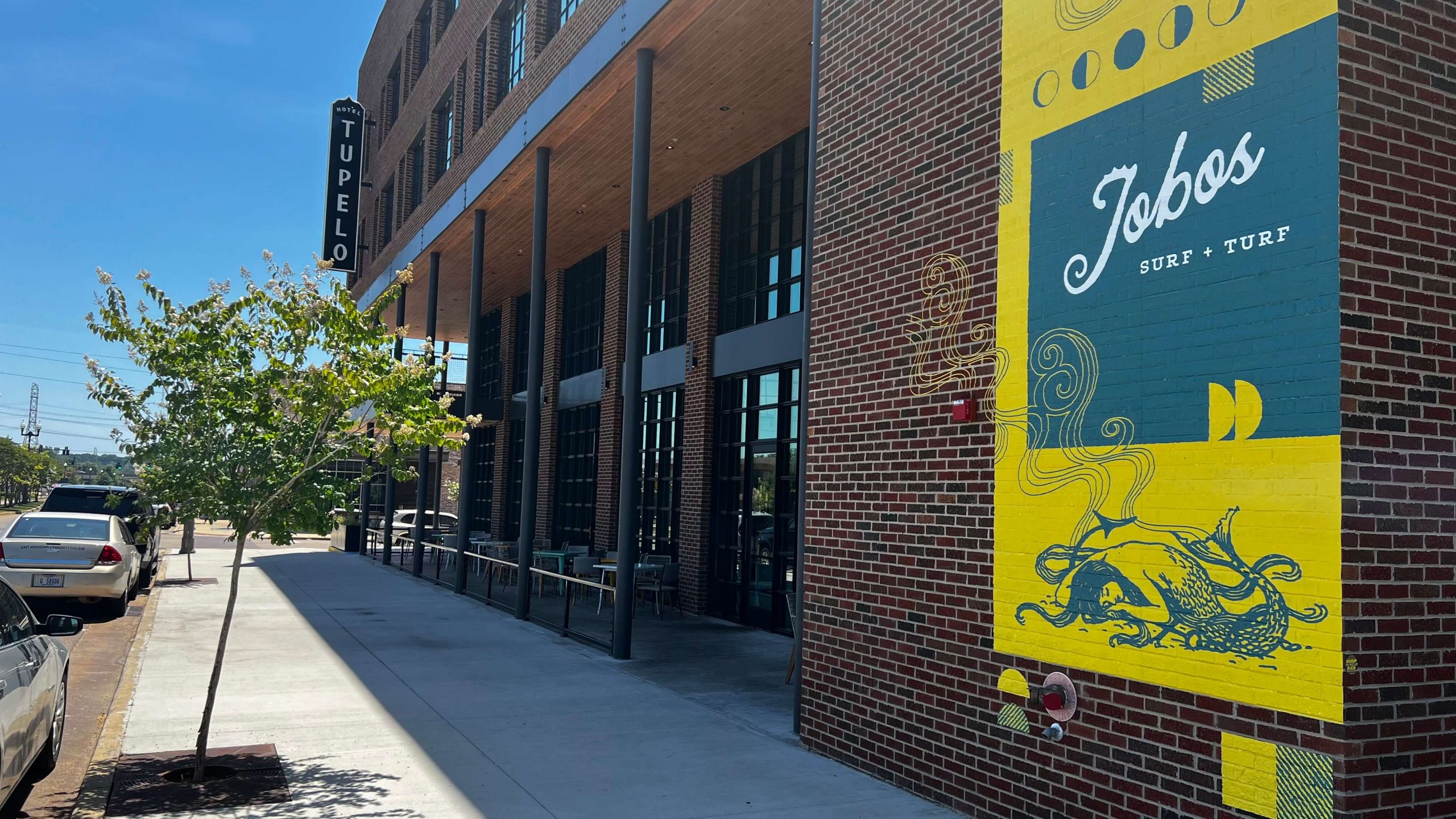
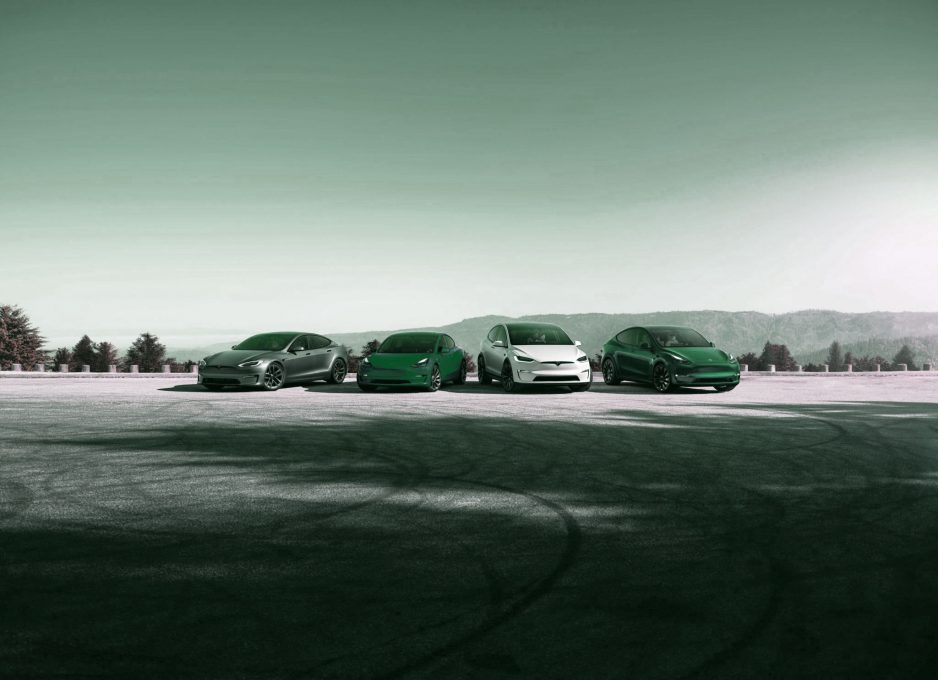
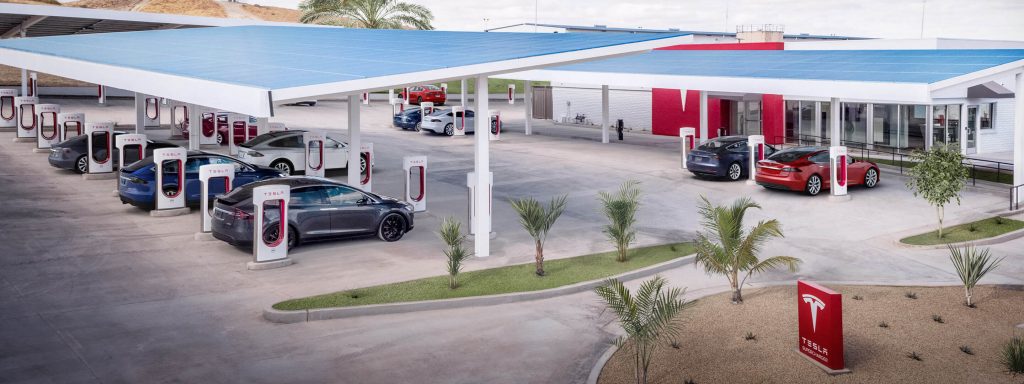
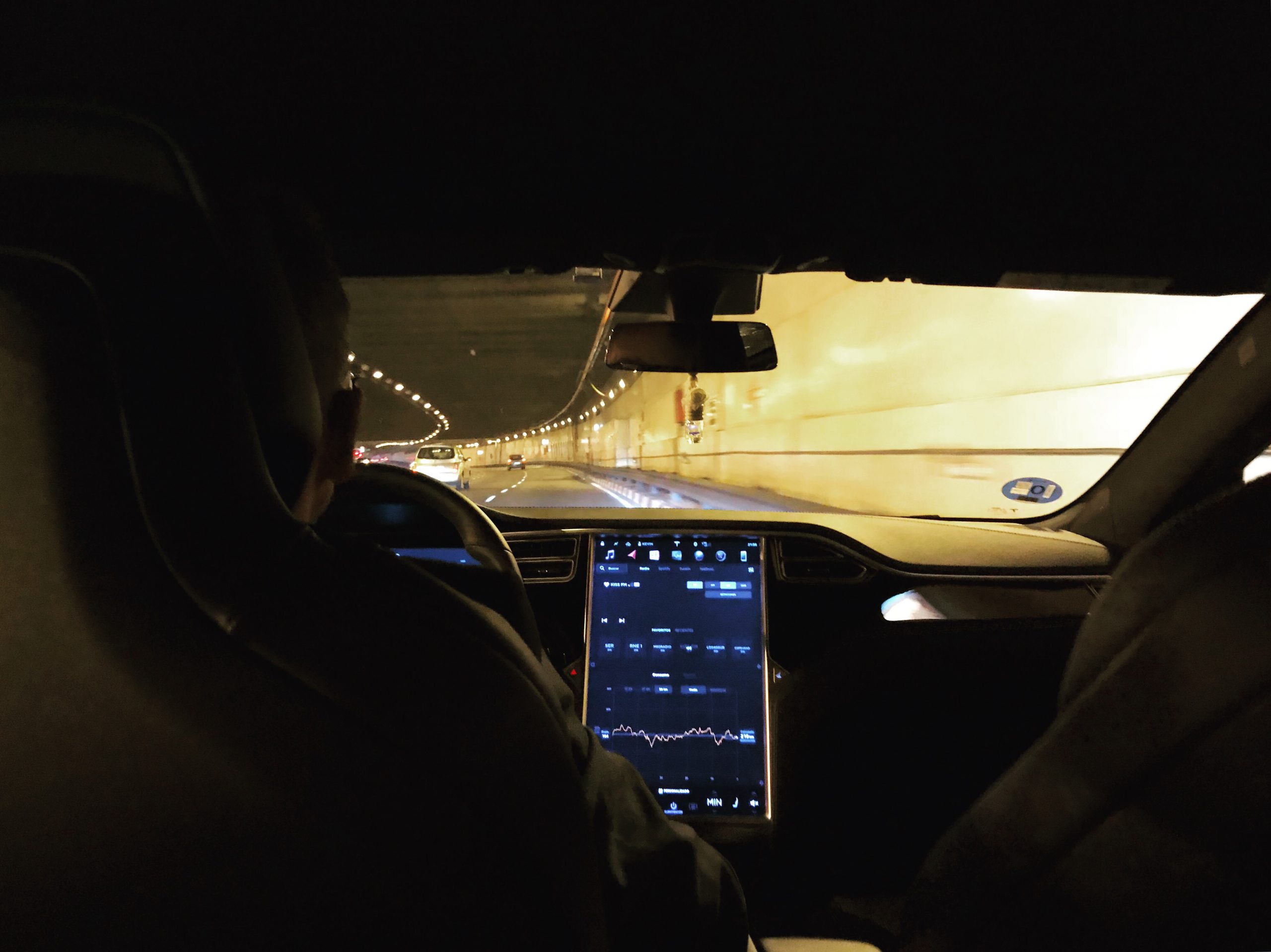
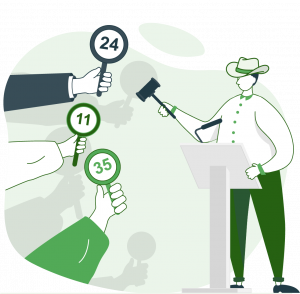
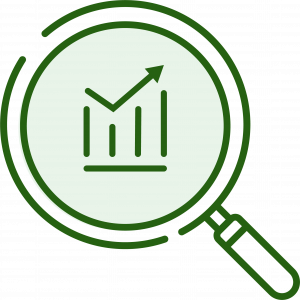
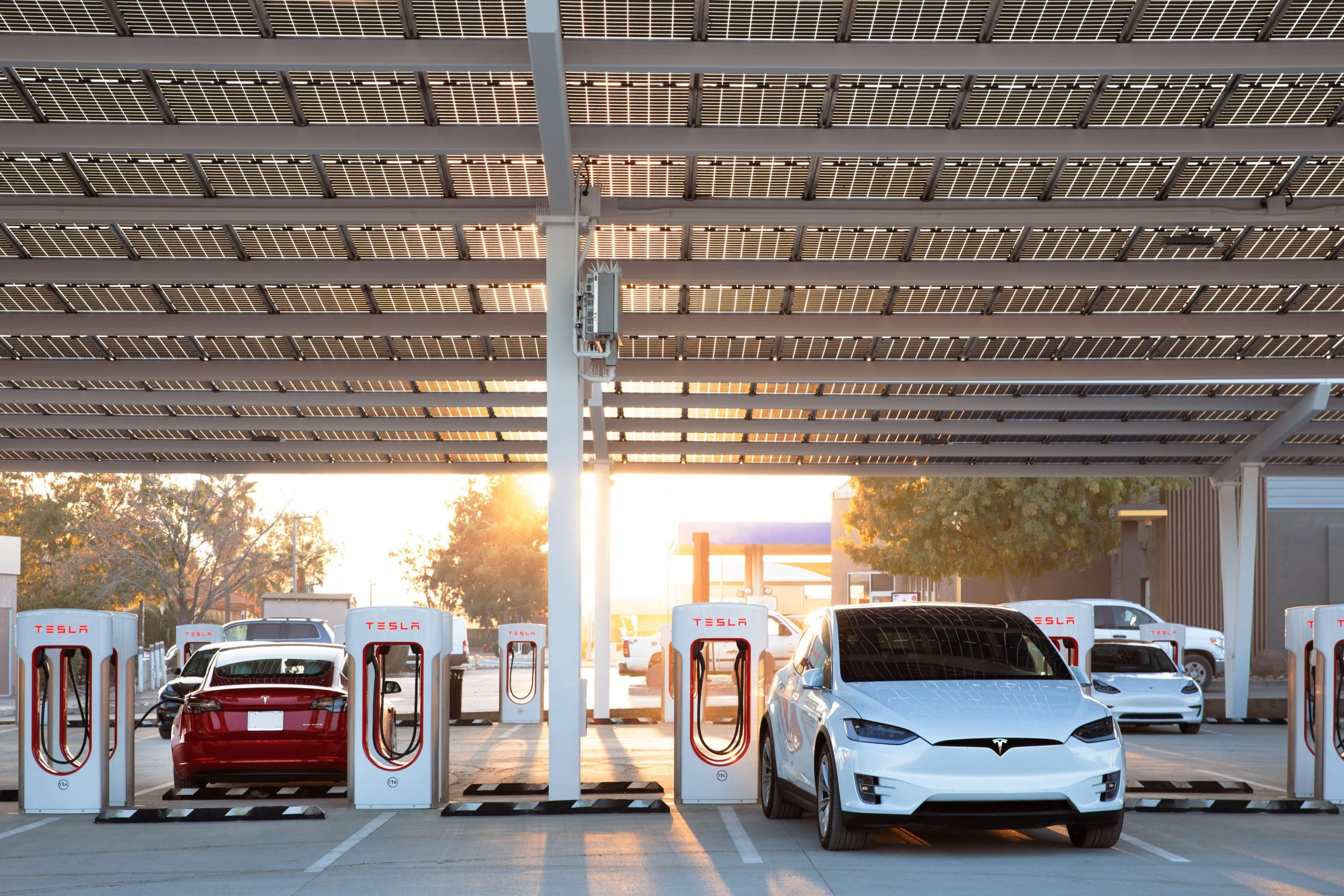



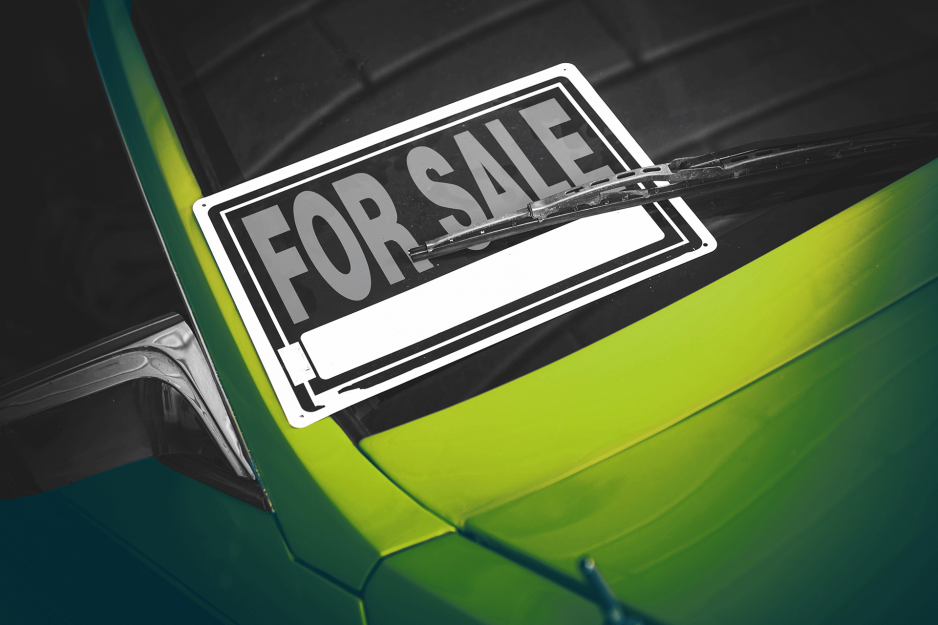
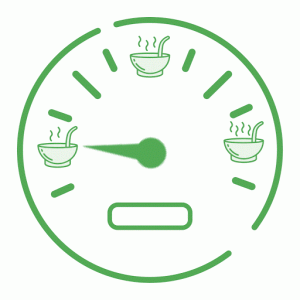
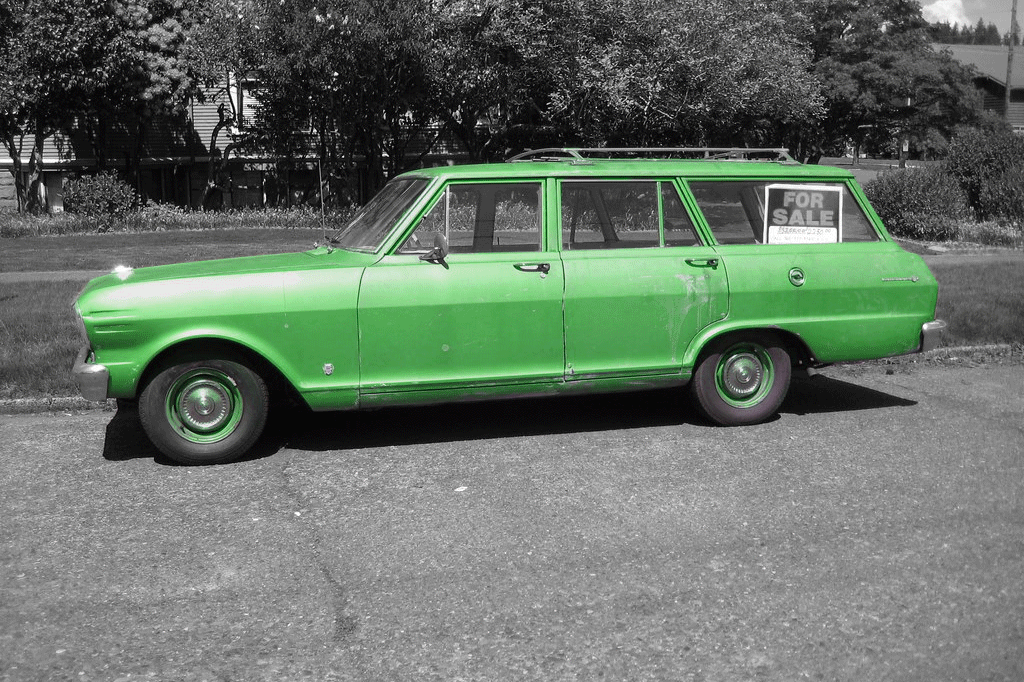
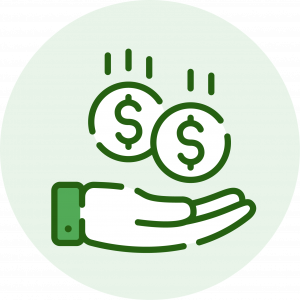 Before you decide to sell, you must know how much money you’ll make.
Before you decide to sell, you must know how much money you’ll make. 
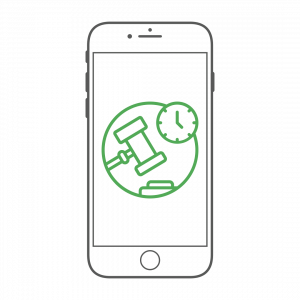
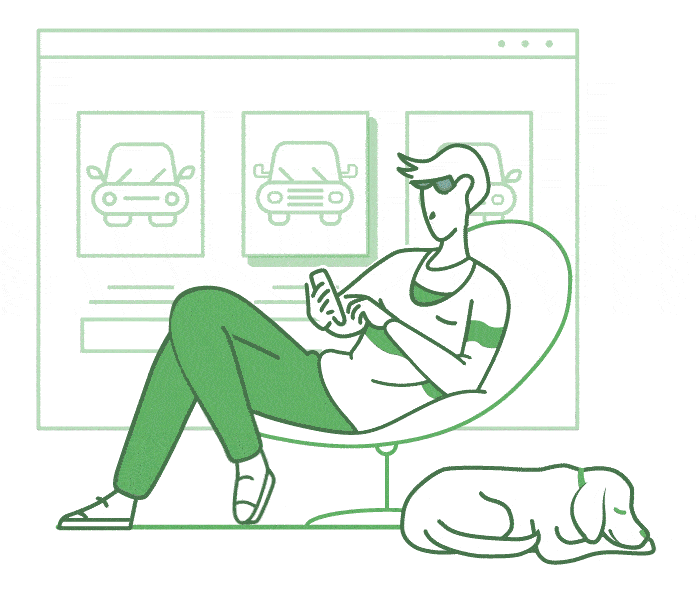
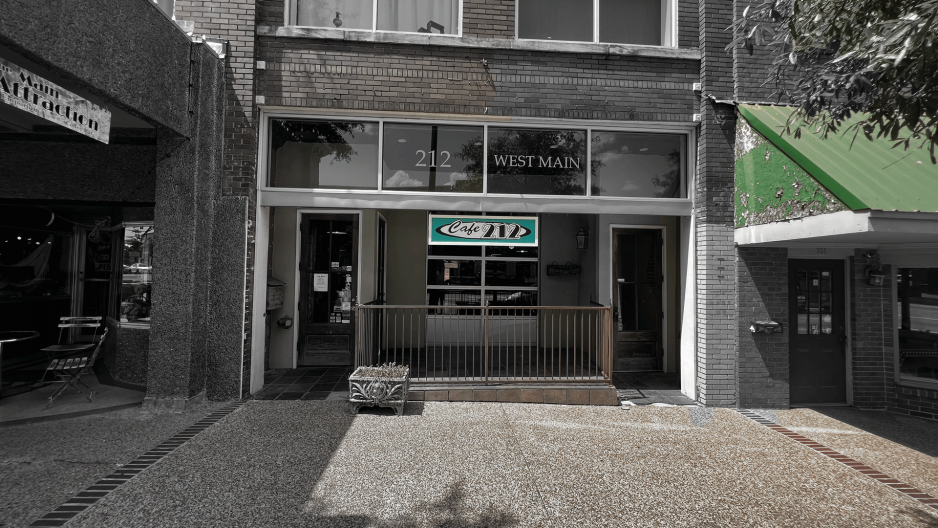
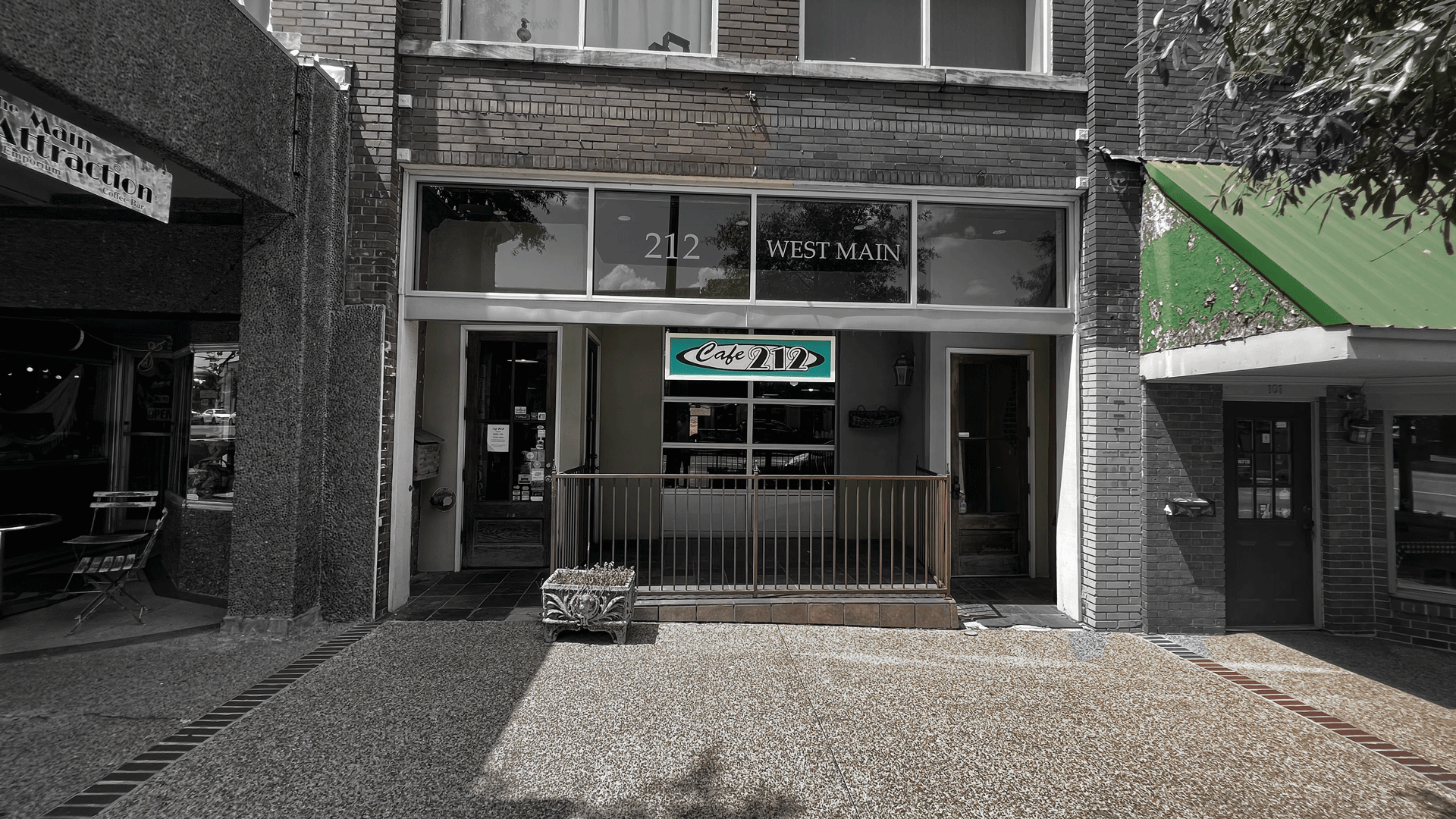
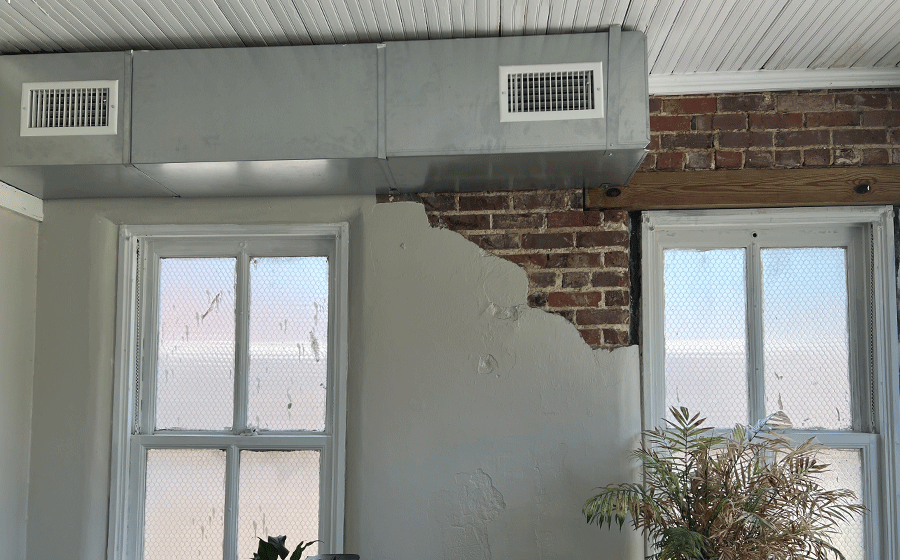
 How does Simple Filter Plan help?
How does Simple Filter Plan help?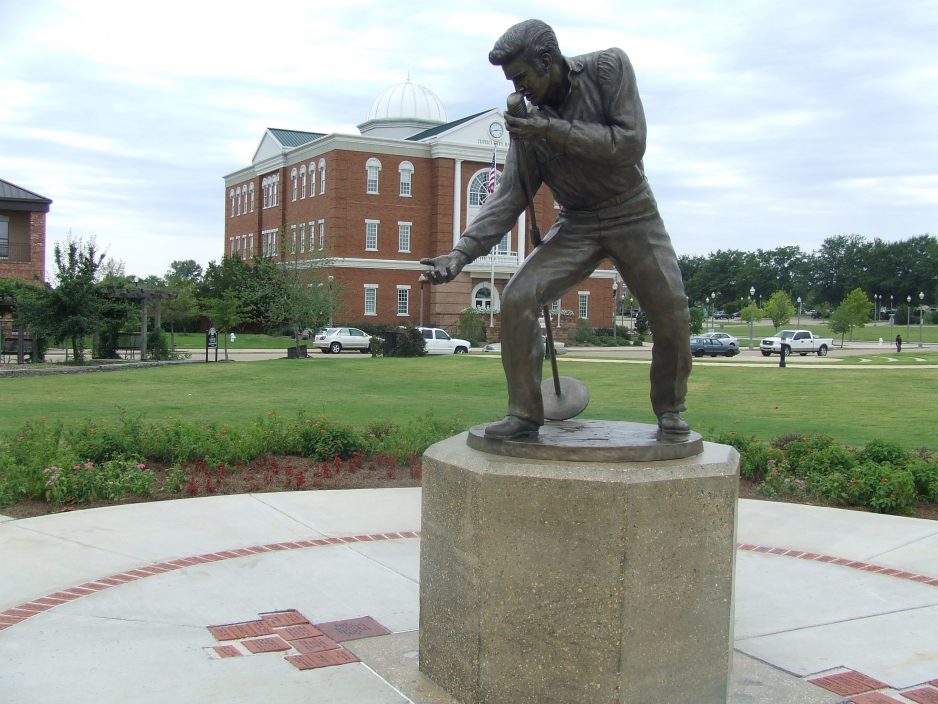
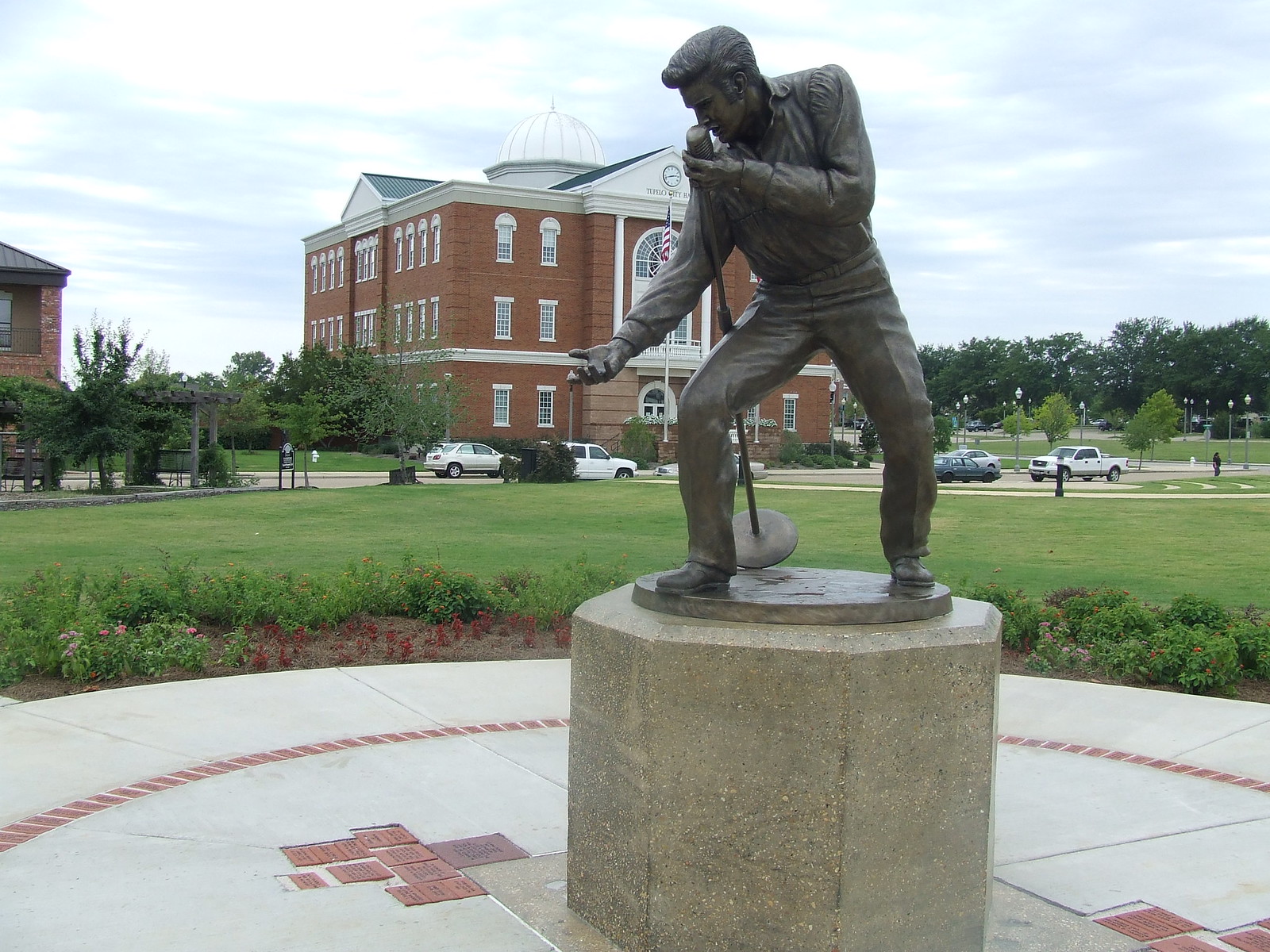

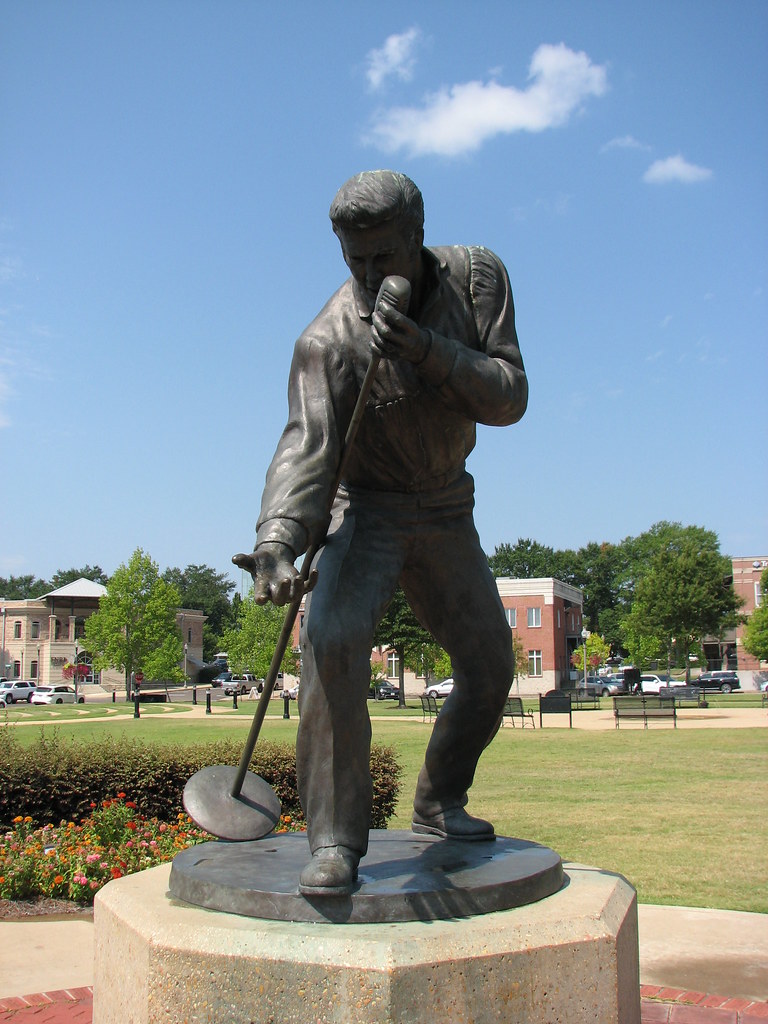
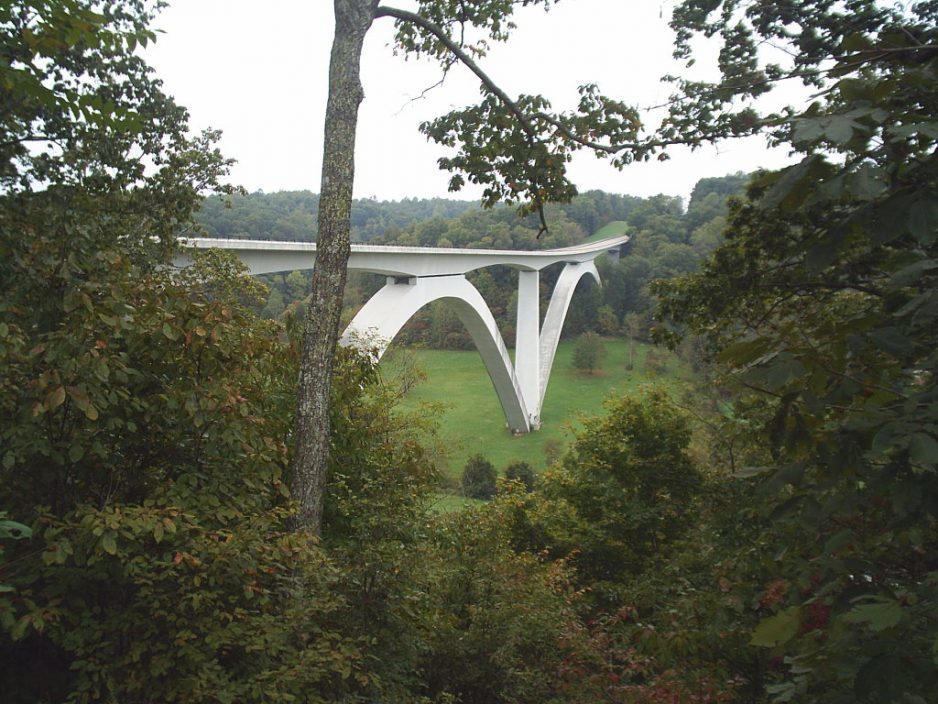
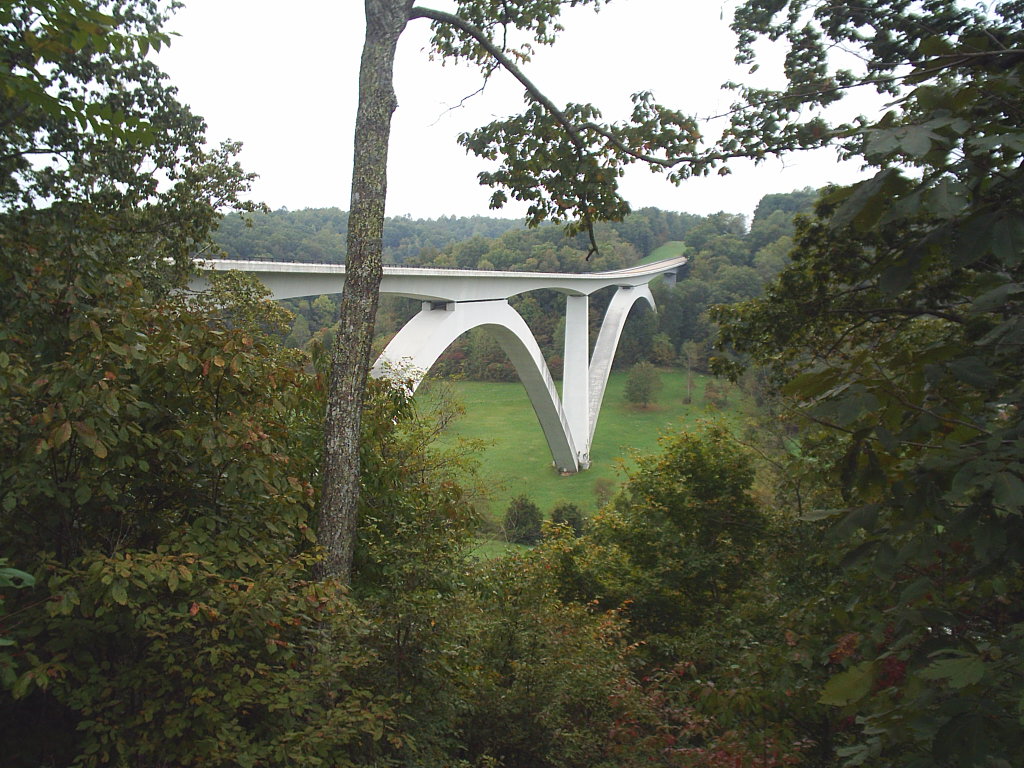
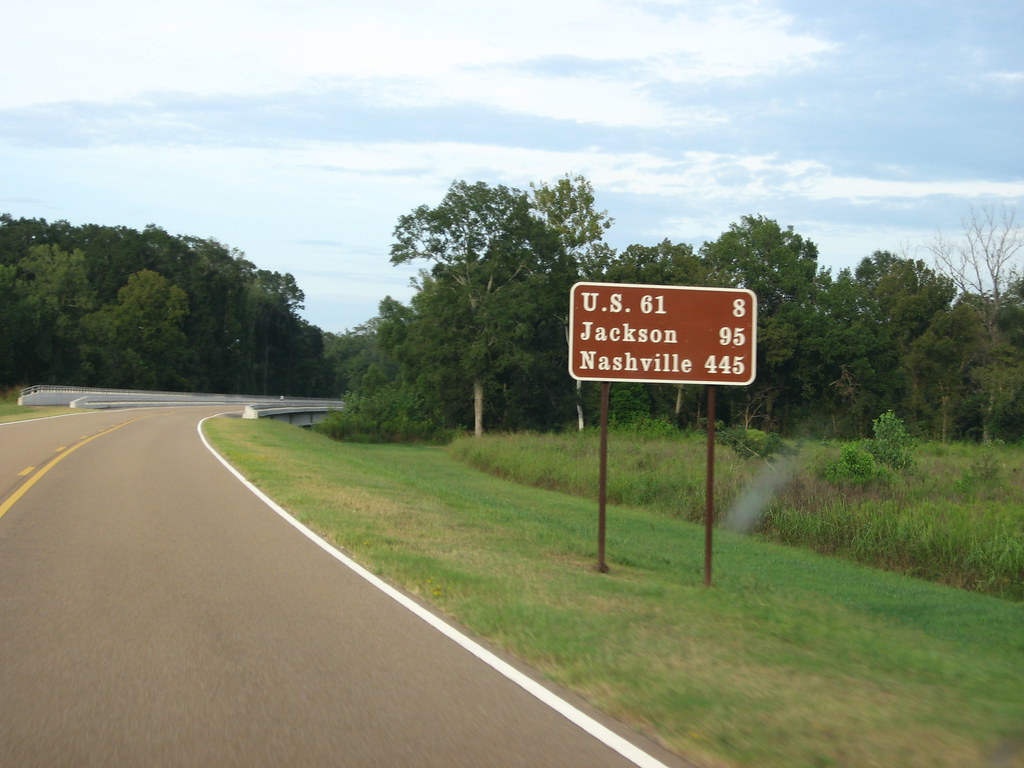
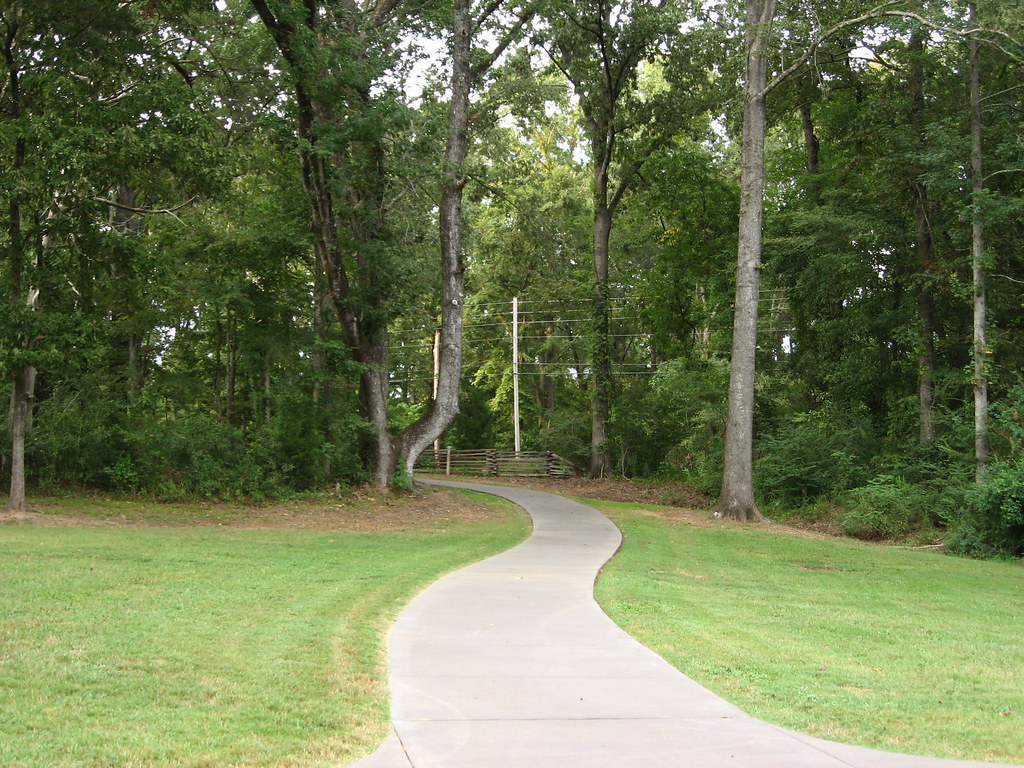
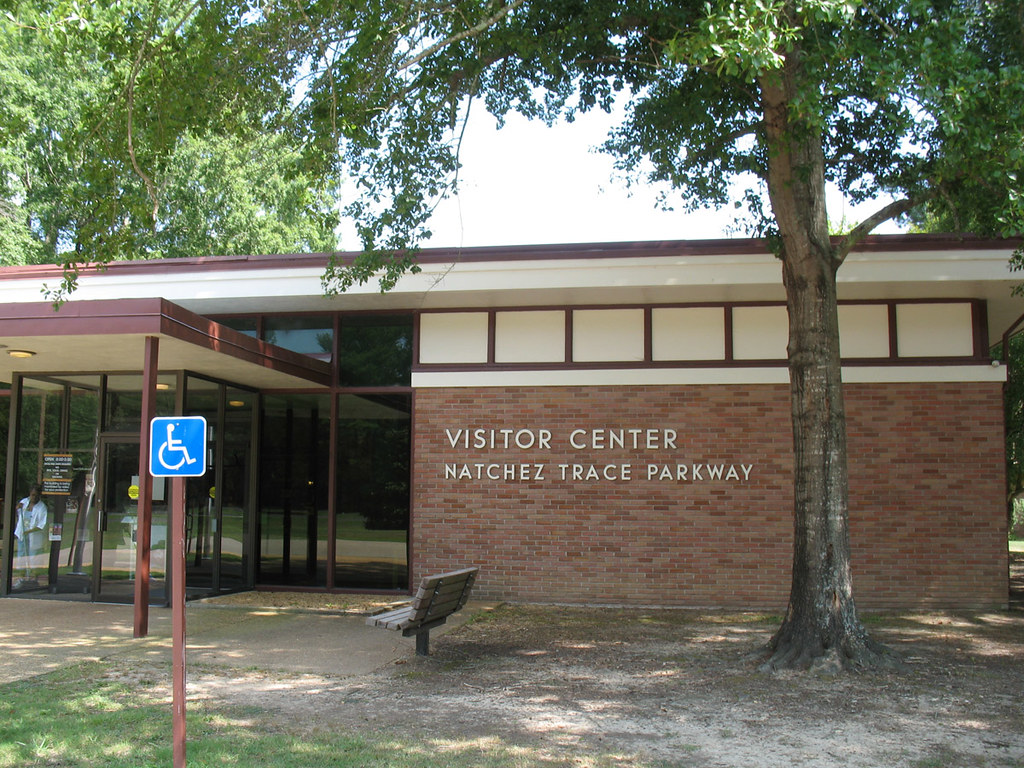



Auctions Create Social proof:
At our core, humans gauge our own personal risk based on the actions of those around us and close to us, and this is called social proof.
A car is only worth what someone will pay for it. But in an auction setting, each bid redefines what the car is worth. The more dealerships bidding, the greater the social proof that your car is actually worth more.
Imagine you’re shopping for your next car and have narrowed your options down to three. What if two of your friends bought one of those cars and were excited about it, would you feel better about buying that model?
The Principle of Scarcity:
Scarcity is similarly defined in both economics and psychology: The less access we have to something, the more we value it.
All used cars are different, so your car is unique. When it sells, every other buyer misses out on that particular car. Human beings instinctively value scarcity.
We wear diamonds and gold because they’re rare. We pay more for limited-edition sneakers. Buyers will pay more for your car, the more unique it is, and in a used car marketplace every car is unique.
Auctions Leverage Multiple Buyers:
By exposing your car to more buyers, you’re increasing your odds of finding a buyer in a desert.
A trade-in offer is based on the needs of one dealership. Making the car available to multiple car dealerships with differing inventory needs creates a fairer market price.
Auctions Create Competition:
Humans hate to lose. It’s wired into our brains. Because bidders go head-to-head in auctions, your car can play into the human instinct to come out the victor.
The dealerships bidding on your car are essentially competing in a game where your car is the prize. And each bidder is from a different car dealership, so they’re competing on multiple levels.
Auctions Are Time-Restricted:
This also plays back into the scarcity principle. There is no second place in an auction, so you have to have the highest bid when time runs out.
Our one-day auctions ensure that you can sell your car fast, but also gives bidders a hard deadline to make a decision.
Then Why Do Dealerships Participate?
Dealerships flock to the our auction marketplace because they know we’ll have a diverse selection of cars, including the ones their specific customers want most.
You got a low-ball offer on your car last time you took it to a dealership because that particular dealership didn’t need your car.
Dealerships in Denver need more 4-wheel drive crossovers than dealerships in Florida. Dealerships in rural Texas need more crew-cab trucks than dealerships in urban California.
Auctions like ours have a large dealership footprint which allows us to match the specific supply with the specific need.